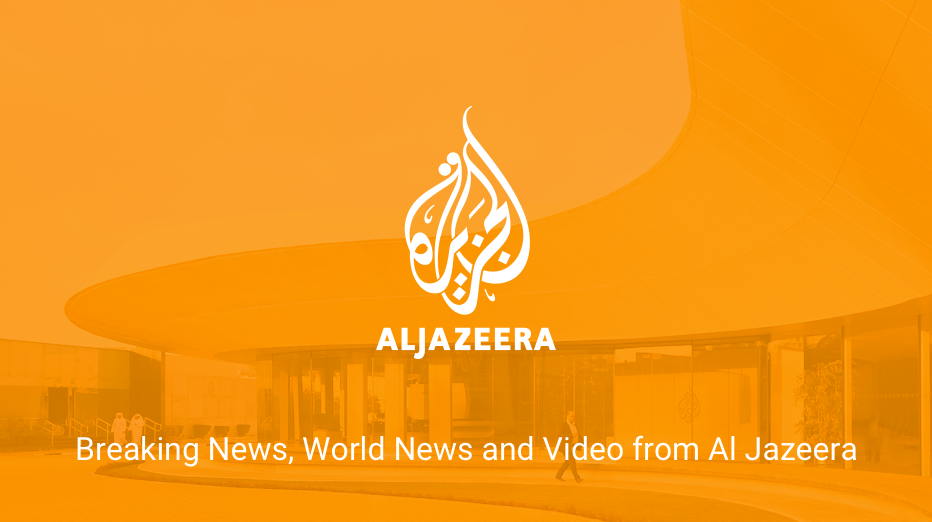Re: Revolutions in the Middle East
Gaddafi tells Palestinians: revolt against Israel
TRIPOLI (Reuters) - Palestinian refugees should capitalize on the wave of popular revolts in the Middle East by massing peacefully on the borders of Israel until it gives in to their demands, Libyan leader Muammar Gaddafi said on Sunday.
Can read the rest here:
http://ca.news.yahoo.com/gaddafi-tel...21519-896.html
Gaddafi tells Palestinians: revolt against Israel
TRIPOLI (Reuters) - Palestinian refugees should capitalize on the wave of popular revolts in the Middle East by massing peacefully on the borders of Israel until it gives in to their demands, Libyan leader Muammar Gaddafi said on Sunday.
Can read the rest here:
http://ca.news.yahoo.com/gaddafi-tel...21519-896.html











Comment